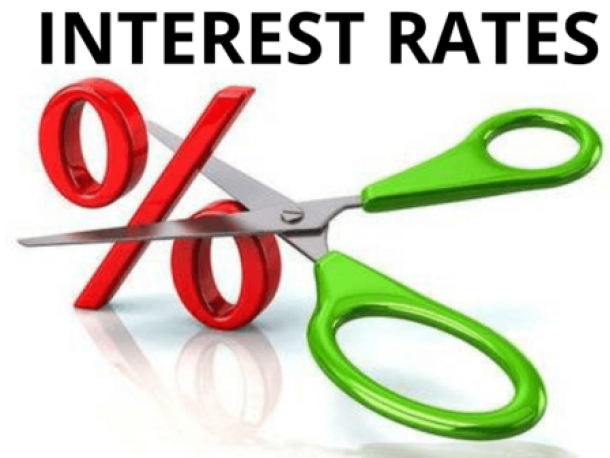
Retailers not cutting food prices fast enough - especially eggs, competition watchdog warns
By: Nick Wilson – Fin24
Releasing its latest Essential Food Price Monitoring Report (EFPM) on Friday, the Competition Commission said the "slow transmission" of reduced cooking oil prices to consumers, for instance, raised concerns about retailers looking to capitalise on the wider margins of this important component of shopping baskets.
While the commission would continue monitoring pricing developments as well as the factors influencing them, it also indicated that it is not at this stage triggering any investigation, although this option is always available.
The commission also acknowledged that weather patterns such as drought had conspired to hike the price of other essential food items such as maize, which meant SA's poorest consumers were still battling to make ends meet even as the overall food inflation rate was cooling.
The September 2024 report, which was compiled by the commission's economic researchers Khalirendwe Ranenyeni and Kagiso Zwane, also noted one of the challenges facing the essential food market was the return of the "concept of rocket and feather".
This is where producer and retailer prices rocket if the cost of their inputs increase but are slow to come down once these cost pressures start easing.
Ranenyeni said that when the commission first started monitoring essential food prices during the Covid-19 pandemic, the "rocket and feather concept" was "very prevalent" across most of the products it tracked.
However, over time it had started seeing both producers and retailers responding to the commission's concerns in its various reports, and it had noticed them passing through savings to consumers much more quickly than before.
"What we are seeing now again is [that] this concept [of rocket and feather] is now coming back," she noted, adding it was quite prevalent in cooking oil in this edition of the report.
The EFPM said that its researchers had observed that lower producer prices in the sunflower oil value chains had not translated into lower retail prices for sunflower oil, which were now "above their pre-Ukraine levels".
But it added:
While we cannot say more about the nature of these price levels, slow transmission raises a concern about retailers attempting to benefit from wider margins on this important product.
Question marks
It said the average retail price of sunflower oil in the last six months had remained fairly stable while producer prices had declined. As of June, a 750ml bottle of cooking oil retailed at R34.92, while the producer price was sitting at R19.13.
A similar phenomenon was noted in the eggs category, which had been hit hard by the avian influenza outbreak last year, with the EFPM noting that producer prices had remained elevated in 2024 but had fallen from their peak of R17.07 in November 2023.
In June, for instance, the producer price for six eggs was R15.27, while the average selling price on retail shelves was R24.96.
"Egg prices remain considerably higher than they were before the outbreak – an example of the feather effect following the rocket-like increase when the outbreak hit," it said.
As far as maize is concerned, the producer price for June was R28.38, with a retail price of R38.34 in the same month.
Zwane said the commission would continue monitoring food prices and "engaging" with industry players about what their main drivers are, adding:
Based on the information that we have at hand, we are not in a phase where we are triggering the commission's investigative powers as yet. But if that is necessary, based on what we see with publicly available information, that is something that we have done in the past, and that option does exist going forward.
There were also some bright spots, with the EFPM noting that overall inflation was sitting at 4.4% with food inflation at 4.7%.
These were "welcome" indicators that consumers were experiencing "some relief after a trying few years".
It said there were "several positive signs" of easing food cost pressures throughout the economy, including the "relaxation of load shedding, the strengthening of the rand against the US dollar, and decreasing fuel prices".
These had been regularly cited as being among the leading cost drivers that have kept food prices higher for longer, the report noted, adding that if these factors continued to ease, "their importance on food prices should also subside, resulting in the reduction of food prices".
"However, the commission has observed that prices remain high and are increasing at a rate that is unaffordable for low-income households," it said.
News Category
- International retailers
- On the move
- Awards and achievements
- Legislation
- Wine and liquor
- Africa
- Going green
- Supplier news
- Research tools
- Retailer trading results
- Supply chain
- Innovation and technology
- Economic factors
- Crime and security
- Store Openings
- Marketing and Promotions
- Social Responsibility
- Brand Press Office
Related Articles

Shoprite increases executive pay as consumers t...

Unions slam SA retailers for ‘profiteering’ as ...

Major Petrol Price Changes on the Horizon

SA retailers confidence remains in contractiona...


